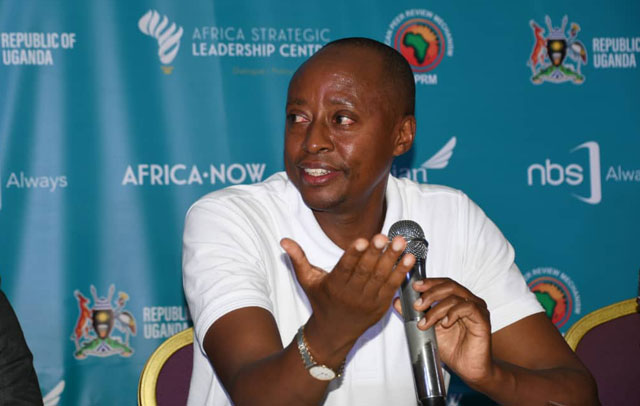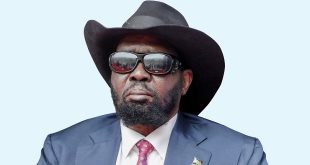
Kampala, Uganda | THE INDEPENDENT | Next week’s Africa Now Conference organised by the African Strategic Leadership Centre in Kampala will bring together Africa’s eminent personalities and high ranking government officials to discuss critical drivers of development particularly leadership, institutions, factor endowments, human capital, trade, international relations, technology and innovation.
The conference that will tackle bottlenecks hindering an integrated, secure and growing Africa will be co- chaired by Uganda’s President Yoweri Kaguta Museveni. The sessions will be chaired by former and current presidents, top business executives and development experts.
Some of the summit’s confirmed speakers and session chairs are Fatta Al Sisi President Republic of Egypt/President African union 2019, Paul Kagame, President of Rwanda, President Uhuru Kenyatta, President Kenya, Cyril Ramaphosa, President of South Africa, Mohamed Abdullahi Mohamed President of Somalia.
Others are Rob Shuter, Group CEO MTN, Tony Elumelu, Chairman Heirs Holdings, Samia Hassan Suluhu, Vice President Tanzania, Dr Vera Songwe, Executive Director, United Nations Economic Commission for Africa, Benedict Oramah, President of AFRIEXIM Bank, Lilly Ajarova, Chief Executive Officer, Uganda Tourism Board, Nicholas Nicholas Nesbit, Chairman East African Business Council, Ahmed Abiy, Prime MinisterEthiopia, Ahunna Eziokonwa; UNDP Regional Director For Africa, Ifeyinwa Ugochukwu The CEO Tony Elemulu Foundation, Danstan Mugarura; CEO Red 5 Uganda Ltd, Heba Salama, Director COMESA Regional Investment Agency, Rosa Malango; Coordinator; One UN, Uganda, Wanjūhī Njoroge Founder & President of Nelig Group and RootEd Africa, Ruhakana Rugunda, Prime Minister Uganda, Nasser Bourita Minister for Foreign Affairs & International Cooperation, Kingdom of Morocco, Samia Nkrumah, President Kwame Nkrumah Pan Africa Leadership Centre, Frank Tumwebaze, Minister, ICT & National Guidance, Dr Elsie Kanza, Head of the Regional Agenda for Africa and Member of the Executive Committee World Economic Forum, Kwame Rugunda, Founder Crypto Savannah, among others.
Background
A paper produced by the African Capacity Building Foundation in 2017 shows that investment, human capital formation, debt, and overseas development assistance drive Africa’s economic growth. It recommends paying attention to capacity, which is critical to making Africa’s growth sustainable and inclusive. Continental, regional, and national long-term growth plans require stronger capacities to improve economic governance, align national and subnational institutions, coordinate planning and financing ministries, and cultivate a culture of committed leadership to stir economies when times are hard and execute recovery plans without policy reversals.
It is upon this basis that the African Strategic Leadership Centre has organized the Africa Now Conference happening on March 12 and 13 at the Commonwealth.
Agenda 2063, a strategic framework for the socio-economic transformation of the African continent over the next 50 years builds on, and seeks to accelerate the implementation of past and existing continental initiatives for growth and sustainable development.
It states that the African people aspire for a prosperous Africa based on inclusive growth and sustainable development and suggests that discourse to this end needs to lead to wider access to sustainable socioeconomic opportunities for the majority— while protecting the vulnerable—in an environment of fairness, equality, and political plurality.
In addition to the African Strategic Leadership Centre establishing think tanks and policy institutes and strengthening individual and institutional capacities throughout the continent, generating knowledge through such discussions will enhance evidence-based policymaking processes and strengthen human and institutional capacity for sustainable development in Africa.
 The Independent Uganda: You get the Truth we Pay the Price
The Independent Uganda: You get the Truth we Pay the Price


